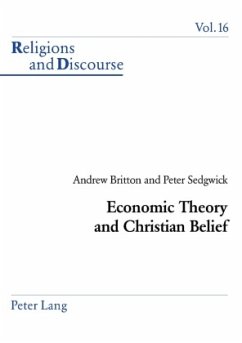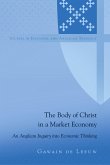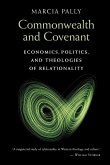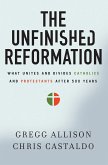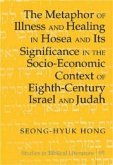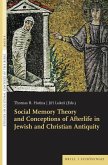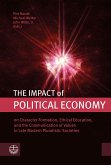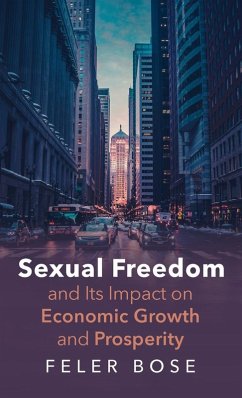Any attempt to use the Bible as a basis for addressing contemporary economic issues needs to recognise the fundamental differences in underlying philosophy between economic theory and Christian belief. Neo-classical economic theory embodies a view of the world and of human nature, derived from the Enlightenment of the eighteenth century, which has become immensely influential in recent times. 'Economic man' is a rational, independent being, set in an environment of scarcity, but able to improve his welfare by transactions in a market economy. This 'anthropology' is explained and examined systematically in this book, following broadly the pattern of an economics textbook, and drawing on some recent work in methodology. In each chapter, a second part presents a contrasting view of the same subject matter drawn from the Bible as interpreted by contemporary scholars. This gives a radically different account of human life and well-being, centred on the community and its relationship with God, in which prosperity, abundance and hope for the future are divine blessings and gifts. Despite the wide gaps between economic theory and Christian belief some points of contact can be made, and there are suggestions as to how a dialogue between them might be conducted.
«...a useful and usable resource for anyone wishing to engage in serious Christian reflection on the hegemonic neo-liberal economic tradition which currently defines our world.» (Chris Baker, Crucible)
«The text will be invaluable to theological educators.» (John Kennedy, The Times Literary Supplement)
«The text will be invaluable to theological educators.» (John Kennedy, The Times Literary Supplement)

